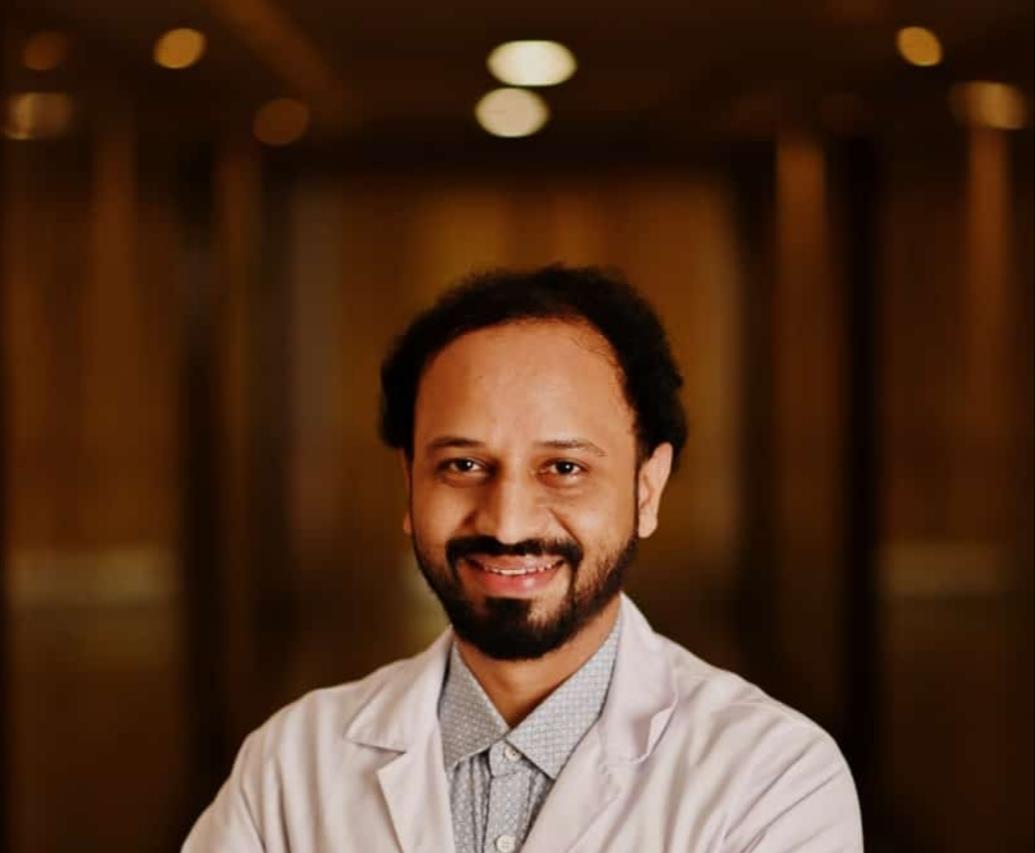Best Doctors for Mitraclip in Vizag
Mitral valve repair with MitraClip, a minimally invasive procedure offered by Apollo Hospitals, is a revolutionary treatment for severe mitral valve leakage (mitral regurgitation). This condition occurs when the mitral valve leaflets fail to close properly, impeding blood flow and impairing the heart's function. The MitraClip, a small clip attached to the mitral valve, enables proper closure and restores normal blood flow, eliminating the need for open heart surgery.
In Visakhapatnam, known for its thriving healthcare sector, Apollo Hospitals stands out with its skilled team of cardiac surgeons and doctors for percutaneous mitral valve repair who expertly utilise this innovative technology. The city's residents can now access this advanced treatment, performed by experienced doctors, to significantly improve their heart function and overall quality of life.







 Call Now
Call Now





